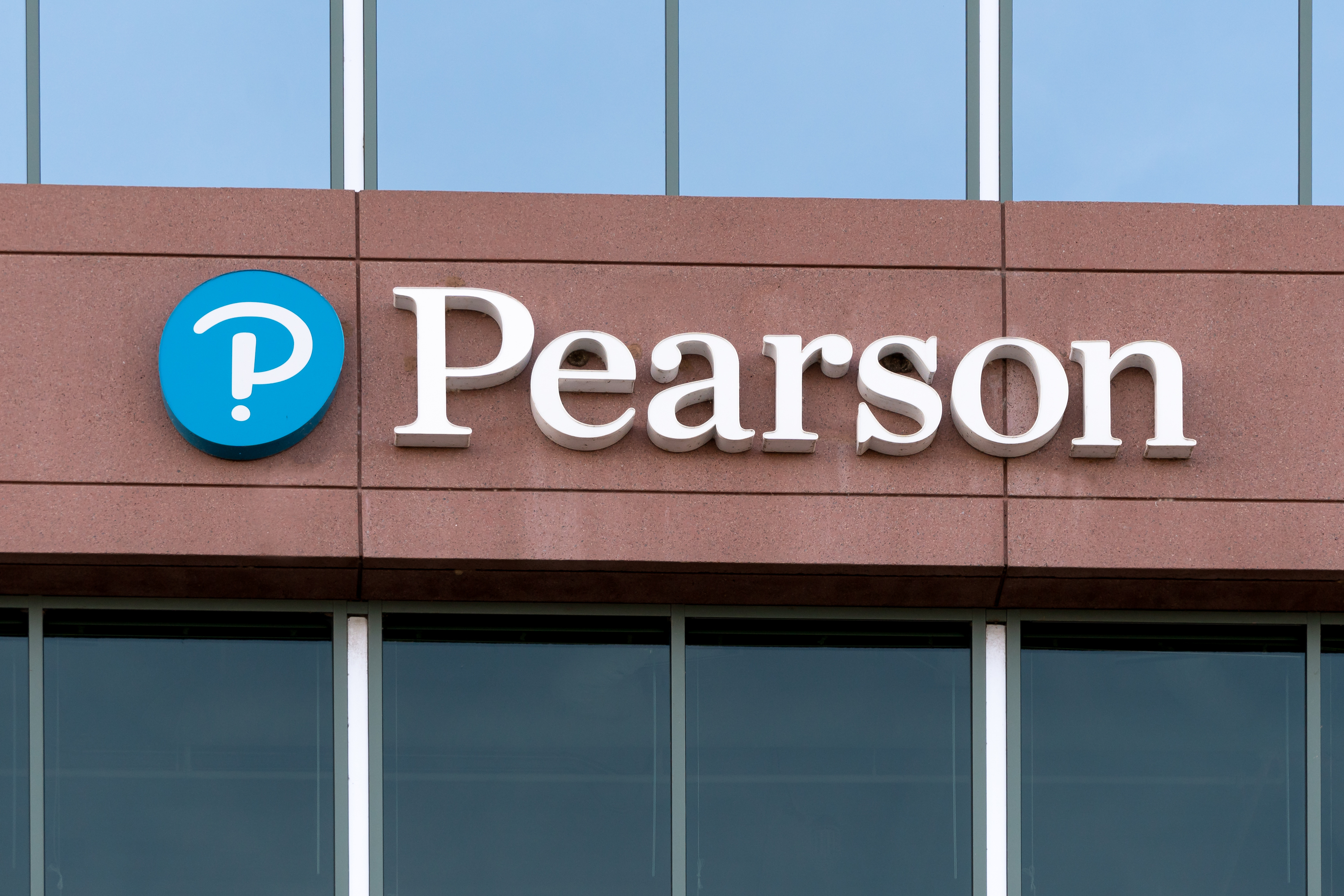PwC sounds alarm over spiralling cost of security breaches
Advisory firm's annual security breaches survey shows rising cost to business of security breaches

The economic cost associated with suffering a significant security breach has nearly doubled over the past year, according to a report by professional services firm PwC.
This year's version of its annual Information Security Breaches Survey suggests the number of breaches affecting UK business has fallen over the last 12 months.
The survey, which was commissioned by the Department for Business, Innovation and Skills (BIS) and carried out on its behalf by PwC, showed 81 per cent of large firms have suffered a security breach in the past year. This was down from 86 per cent in the 2013 report.
We pride ourselves in having a particularly large and growing online economy, with the internet accounting for eight per cent of our GDP, so it is important we maintain people's confidence in doing business online.
Meanwhile, the number of smaller companies who experienced a breach was four per cent lower than last year at 60 per cent.
However, the financial cost of these breaches is nearly double what it was a year ago, and the severity of them has increased.
Out of those that suffered a breach, PwC discovered that 10 per cent were forced to alter the nature of their business as a result.
The report states the worst type of breaches companies suffer tend to be a virus, a confidential data loss or an outsider attack.
Get the ITPro daily newsletter
Sign up today and you will receive a free copy of our Future Focus 2025 report - the leading guidance on AI, cybersecurity and other IT challenges as per 700+ senior executives
For small firms, this kind of attack can cost them between 65,000 to 115,000 to put right, while the cost for larger firms is reportedly between 600,000 and 1.15 million.
Discussing the results at Infosecurity Europe in London earlier today, Chris Potter, a partner at PwC, said many of the affected organisations had security measures in place to protect them, but breaches still occurred.
"What we've seen - with the rise [in breach costs] between 2013 and 2014 - is that many of these worst breaches were for organisations who had all the anti-virus, they had it all up to date, and the technology did not protect them from the attack," he said.
Speaking at the event Universities and Science Minister David Willetts said he was heartened by the downturn in the number of breaches, but concerned about the wider economic implications of their increasing cost.
"We, of course, in the UK government take [data breaches] very seriously, and we take it very seriously for lots reasons," he told attendees.
"We pride ourselves in having a particularly large and growing online economy, with the internet accounting for eight per cent of our GDP, so it is important we maintain people's confidence in doing business online."
Andrew Miller, cyber security director at PwC, said the results highlight why cyber security needs to become a boardroom discussion.
"Given the dynamic nature of the risk, boards need to be reviewing threats and vulnerabilities on a regular basis," Miller advised.
"As the average cost of an organisation's worst breach has increased this year, businesses must make sure the way they are spending their money in the control of cyber threats is effective.
"Organisations also need to develop the skills and capability to understand how the risk could impact their organisation and what strategic response is required," he added.
Garry Sidaway, global director of security strategy of NTT Com Security, said the results show more work needs to be done to prepare businesses for the threat of security breaches.
"Whilst businesses are visibly more aware of the security risks and the financial burden resulting from a security breach, organisations need to fully grasp the sophistication of the threats at hand, and prioritise efforts and projects that meet their business goals," said Sidaway.
"By aligning their enterprise security architecture to their Governance, Risk and Compliance approach, they can select enabling technologies to drive Security Operations. This approach will reduce the impact of threats and ensures that businesses remain efficient and agile."
-
 Bigger salaries, more burnout: Is the CISO role in crisis?
Bigger salaries, more burnout: Is the CISO role in crisis?In-depth CISOs are more stressed than ever before – but why is this and what can be done?
By Kate O'Flaherty Published
-
 Cheap cyber crime kits can be bought on the dark web for less than $25
Cheap cyber crime kits can be bought on the dark web for less than $25News Research from NordVPN shows phishing kits are now widely available on the dark web and via messaging apps like Telegram, and are often selling for less than $25.
By Emma Woollacott Published
-
 Capita tells pension provider to 'assume' nearly 500,000 customers' data stolen
Capita tells pension provider to 'assume' nearly 500,000 customers' data stolenCapita told the pension provider to “work on the assumption” that data had been stolen
By Ross Kelly Published
-
 Gumtree site code made personal data of users and sellers publicly accessible
Gumtree site code made personal data of users and sellers publicly accessibleNews Anyone could scan the website's HTML code to reveal personal information belonging to users of the popular second-hand classified adverts website
By Connor Jones Published
-
 Pizza chain exposed 100,000 employees' Social Security numbers
Pizza chain exposed 100,000 employees' Social Security numbersNews Former and current staff at California Pizza Kitchen potentially burned by hackers
By Danny Bradbury Published
-
 83% of critical infrastructure companies have experienced breaches in the last three years
83% of critical infrastructure companies have experienced breaches in the last three yearsNews Survey finds security practices are weak if not non-existent in critical firms
By Rene Millman Published
-
 Identity Automation launches credential breach monitoring service
Identity Automation launches credential breach monitoring serviceNews New monitoring solution adds to the firm’s flagship RapidIdentity platform
By Praharsha Anand Published
-
 Neiman Marcus data breach hits 4.6 million customers
Neiman Marcus data breach hits 4.6 million customersNews The breach took place last year, but details have only now come to light
By Rene Millman Published
-
 Indiana notifies 750,000 after COVID-19 tracing data accessed
Indiana notifies 750,000 after COVID-19 tracing data accessedNews The state is following up to ensure no information was transferred to bad actors
By Rene Millman Published
-
 Pearson fined $1 million for downplaying severity of 2018 breach
Pearson fined $1 million for downplaying severity of 2018 breachNews The SEC found the London-based firm made “misleading statements and omissions” about the intrusion
By Rene Millman Published